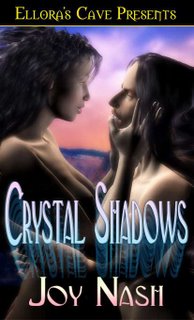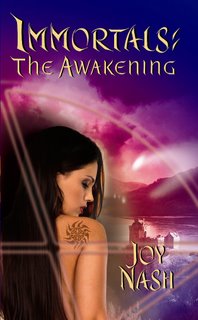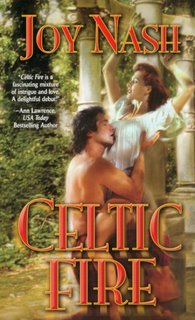Stranger than Fiction

I *finally* got to see Stranger Than Fiction with Will Ferrell - you know, the movie where the main character all of a sudden realizes that he's a character in a best-selling novelist's book, and that the novelist is planning to kill him at the end. Just the sort of movie a writer wants to see!
I tried to get to it last fall in the theater, but by the time I found a free moment, it was there and gone. So we rented it last week and let me tell you, I thought it was fantastic.
It's humorous on the surface, but underneath, there are some pretty profound themes. It's probably the most serious movie Will Farrel has made so far. Dustin Hoffman is also very good as literature professor Jules Hilbert, who helps ultra-repressed IRS agent Harold Crick (Will Ferrell) figure out what is happening to him.
First thing to decide - is Harold in a comedy (as in a book with a happy ending, ie, a romance) or a tragedy? I got a chuckle when the prof asks something like "Have you met a woman lately who hates your guts? That could be a clue that you're the hero in a comedy (romance)." The answer is yes - sexy Ana Pascal (Maggie Gyllenhaal), whom Harold is auditing, hates the very air he breathes. More chuckles every time Harold takes out his little black book and makes a mark on either the "comedy" page or the "tragedy" page, trying to figure out what his life is.
On the profound side, the metaphor of novelist as God was very interesting. Unfortunately for Harold, the novelist writing his story, Karen Eiffel (Emma Thompson) **always** kills her heroes at the end of the book. In that context, Professor Hilbert, who worships Karen Eiffel and her work, is clearly a "priest" character. And like a priest, he urges Harold Crick to sacrifice his life for the higher good and to achieve some meaning for his existence.
I was really kept guessing right up until the end about whether Harold's - and everyone's - life was ultimately a comedy or a tragedy.
Spoiler coming....so if you haven't seen the movie -- and you're going to -- stop NOW...
...
...
...
...
...
As a romance novelist, I *loved* the end of the movie when Prof Hilbert warns Karen Eiffel that if she doesn't make her book a tragedy, that it will not be considered great literature...it will only be just 'okay,' and that wouldn't be good for the world. Karen Eiffel replies, "I think I'm all right with okay." Because happy endings are more uplifting, and do more good for the world and for humanity and for happiness, than tragic endings do.
And that's something I firmly believe. That's why I write romances, NOT tragedies!
www.joynash.com






0 Comments:
Post a Comment
<< Home